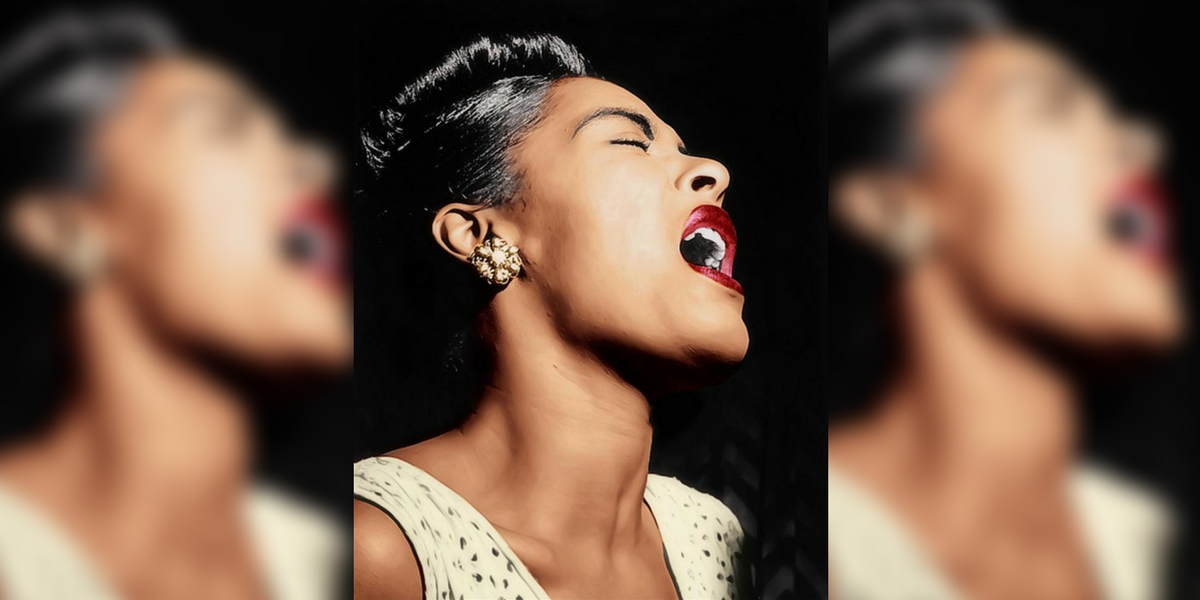Not only did Billie Holiday have a voice that could transform the atmosphere of an entire room with a with a single note, but she had the style to prove it.
No stranger to hardship and suffering, Holiday poured her soul into every song with a voice that left audiences riddled with goosebumps and stunned into silence.
By the end of her career, she had amassed four Grammy Awards, was inducted into the Grammy Hall of Fame and influenced generations of musicians that followed.

But what many people don't know is that her real name isn't Billy Holiday...
Here are 5 more facts about 'Lady Day' that you likely didn't know:
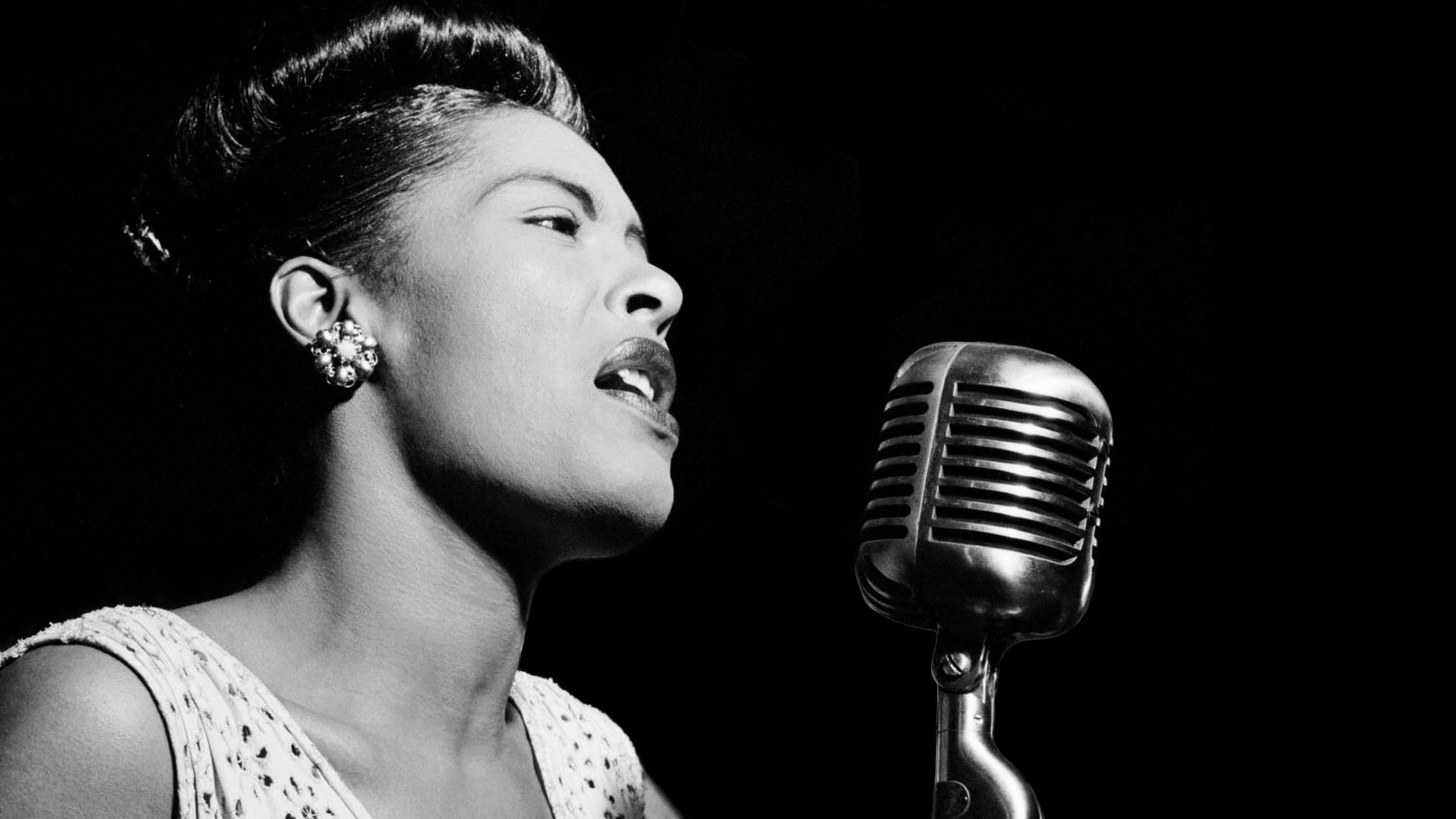
1. Her real name isn't Billie Holiday
Although professionally, she is known to all as Billie Holiday, our 'Lady Day' was born Eleanora Fagan on April 7, 1915.

2. She worked in a brothel
She was born to a very young mother with whom she lived in poverty in Baltimore. She dropped out of school in the fifth grade to work as an errand girl at a brothel. She and her mother moved to Harlem when she was 12 and by the time she turned 15, she was arrested for prostitution.
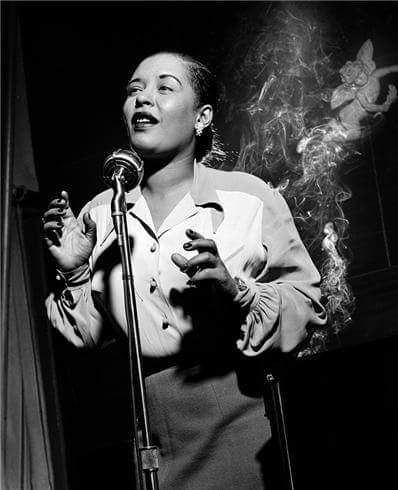
3. She auditioned to be a dancer, but it was her voice that won her the role
In 1932, when Holiday was 16 years old, she was literally starving for food and work. She walked into the Log Cabin Club and auditioned to be a dancer. Unimpressed, owner Jerry Preston was about to turn her away, when she told him she could sing.
"He struck "˜Trav'lin' and I sang." Holiday once recalled, "The customers stopped drinking. They turned around and watched. The pianist swung into "˜Body andSoul.' Jeez, you should have seen those people"”all of them started crying. Preston came over, shook his head and said, "˜Kid, you win.'"
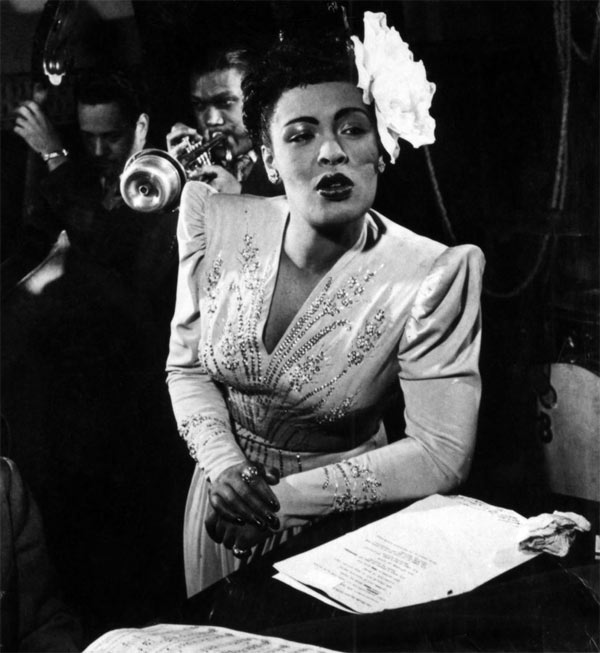
4. She was one of the first 'reality' stars
In 1953 and '54, Holiday appeared in a black-and-white reality television series called The Comeback Story. She was among the many celebrities who shared true stories of how they found success after overwhelming adversity.
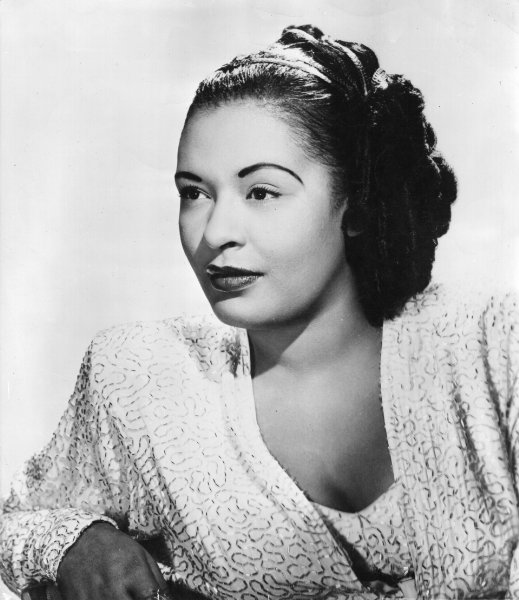
5. She is responsible for 'the song of the century'
Holiday's original recording of Strange Fruit was deemed "song of the century" by Time Magazine in 1999. The 1939 protest song described and objected to the horrors of lynching. It was originally written as a poem by Abel Meeropol.
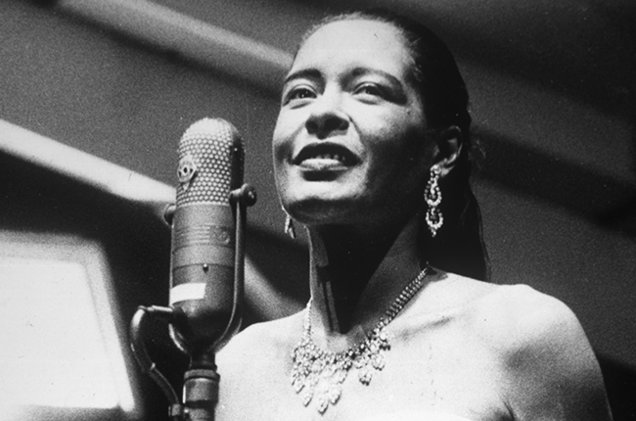
Were you surprised by some of these? Have a listen to the song of the century below, pay close attention to Holiday's face it's obvious she deeply felt every word of that powerful anthem:
[h/t: Mentalfloss]
